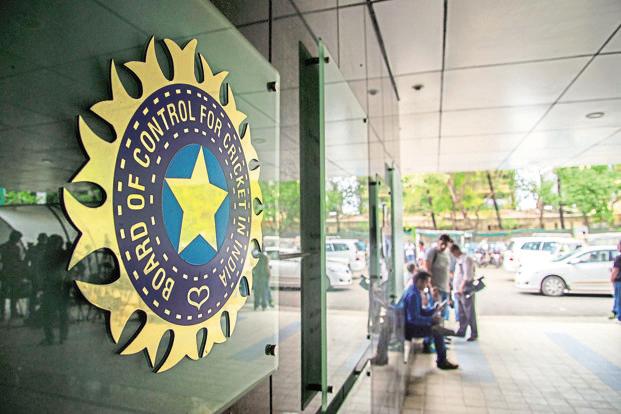Ajit Singh Shekhawat, the Anti-Corruption Unit (ACU) chief of BCCI suggested a match-fixing law on Tuesday which can help in tackling corruption in Indian cricket. However, his comment came after the scandal of Tamil Nadu Premier League (TNPL) came under the scanner and a woman cricketer reported an approach from a bookie for match-fixing.

“It is not unstoppable. We probably require a law against it, a match-fixing law. If there is a clear law against it, police will also have a clear cut role,” Shekhawat said. “May be there could be a thinking about legalising gambling so that all this illegal business which goes on can be controlled. Legal betting will be done under some parameters and it can be controlled. It will also bring a huge amount of revenue for the government, close to what the excise department generates. The amount of money which is bet on sports is mindboggling,” he said.
“Revenue is not the only consideration, there could be other issues which the government has in mind. I am not saying categorically that it should be legalised but it should be considered. It could be regulated when it is legalised, right now it is totally illegal. Once it is legalised you will also get the data on who is betting and how much is he betting. And while doing that, make illegal betting tougher. Right now you can get away with a fine of few hundreds or a few thousands,” he further said.
Read here: Steve Smith, Jack Leach Were Seen in “Spectacles” After Ashes Draw
“Anything which is given wide publicity, which is telecast live, it lends itself to betting and once something lends itself to betting then it could be anything. If they find out that it is getting tough to make headway in men”s cricket, they may try to go to women’s cricket. If that is also tough, they may try the state leagues and if that is also proving to be tough, they may they have their own league like it was in the case of Rajputana league,” he shared.
“This is the first time we have totally taken over the anti-corruption of the state run leagues. It is also the first time our officials are staying at the team hotels to keep a watch on the players. We also organise anti-corruption classes for the participants. We tell them what anti-corruption code is, what the penalties are and what are the responsibilities cast upon each of the participants,” he expressed.
“Like when an approach is made, it is incumbent upon the participant to report it. If he doesn’t report it, it is an offence and he could be penalised. Due to anti-corruption classes, the players have started reporting approaches,” Shekhawat added.
